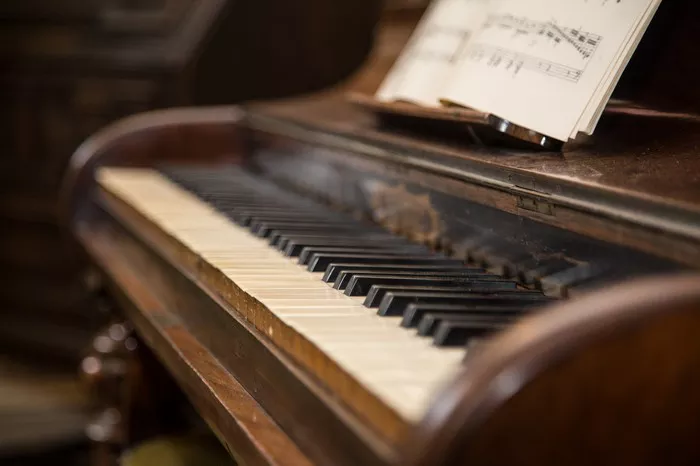Learning to play the piano is a rewarding and enriching experience at any age. While many people begin their piano journey in childhood, it’s not uncommon for individuals in their 20s to take up this beautiful instrument. However, one may wonder if learning the piano in your 20s is a more challenging endeavor. In this article, we will explore the unique challenges and rewards of learning the piano during this stage of life, debunk some common myths, and provide valuable insights for adult learners embarking on their musical journey.
The Myths and Misconceptions
Before delving into the challenges and rewards, let’s address some common myths and misconceptions associated with learning the piano in your 20s:
1. “It’s Too Late”:
One prevalent misconception is that if you didn’t start learning the piano as a child, it’s too late to become proficient. This is far from the truth. While it may take a bit longer to reach a high level of skill, adults can certainly achieve impressive piano proficiency.
2. “Younger Is Easier”:
Some believe that children learn faster and more easily than adults. While children often have more time to practice, adults bring unique advantages to the table, such as discipline, focus, and the ability to set and achieve goals.
3. “It’s Only for the Talented”:
Learning the piano is not reserved for the “naturally” talented. Like any skill, it requires dedication, practice, and effective learning strategies.
The Challenges of Learning Piano in Your 20s
While age should not deter anyone from pursuing their musical passions, there are some specific challenges that adult learners may face:
1. Time Constraints:
Adults often have busy lives with work, social commitments, and responsibilities. Finding time for consistent practice can be a challenge.
2. Physical Adaptation:
Learning to coordinate your fingers and develop finger strength can be more challenging for adults, as their motor skills may not be as malleable as those of children.
3. Theory and Technique:
Piano involves learning music theory, reading sheet music, and mastering technical skills. Adults may find these aspects more demanding due to cognitive differences and prior musical experience.
4. Patience and Frustration:
Learning any instrument requires patience, but adults may become easily frustrated when they don’t progress as quickly as they’d like.
The Rewards of Learning Piano in Your 20s
Despite the challenges, there are numerous rewards to learning the piano as an adult:
1. Emotional Well-Being:
Playing the piano can be a therapeutic outlet for stress relief, self-expression, and emotional well-being.
2. Cognitive Benefits:
Learning an instrument improves cognitive skills such as memory, problem-solving, and multitasking. It keeps the brain active and engaged.
3. Lifelong Learning:
Embarking on a new skill like playing the piano demonstrates a commitment to lifelong learning and personal growth.
4. Social Connection:
Joining a piano class or participating in group music activities can lead to new friendships and a sense of community.
Strategies for Success
To maximize your success in learning the piano as an adult, consider the following strategies:
1. Set Realistic Goals:
Establish clear and achievable goals for your piano journey. Break them down into smaller milestones to track your progress.
2. Prioritize Practice:
Find dedicated time for daily or regular practice. Even short, focused practice sessions can yield significant results.
3. Seek Professional Guidance:
Enrolling in lessons with a qualified piano instructor can accelerate your learning. They can provide personalized feedback and guidance.
4. Stay Patient and Persistent:
Understand that progress may be slow at times, but persistence pays off. Celebrate small achievements along the way.
5. Embrace Technology:
Utilize piano learning apps, online tutorials, and digital resources to supplement your learning.
See Also: What is the Smallest Piano Size: A Comprehensive Guide
Conclusion
Learning to play the piano in your 20s is a fulfilling and achievable endeavor, despite the challenges that may arise. While there may be unique obstacles to overcome, the rewards in terms of personal growth, emotional well-being, and cognitive benefits are well worth the effort. By debunking common myths, setting realistic goals, and committing to consistent practice, adult learners can embark on a musical journey that enriches their lives and brings the joy of music to their fingertips. Whether you aspire to become a virtuoso or simply want to enjoy the pleasure of playing, the piano welcomes learners of all ages with open arms.


